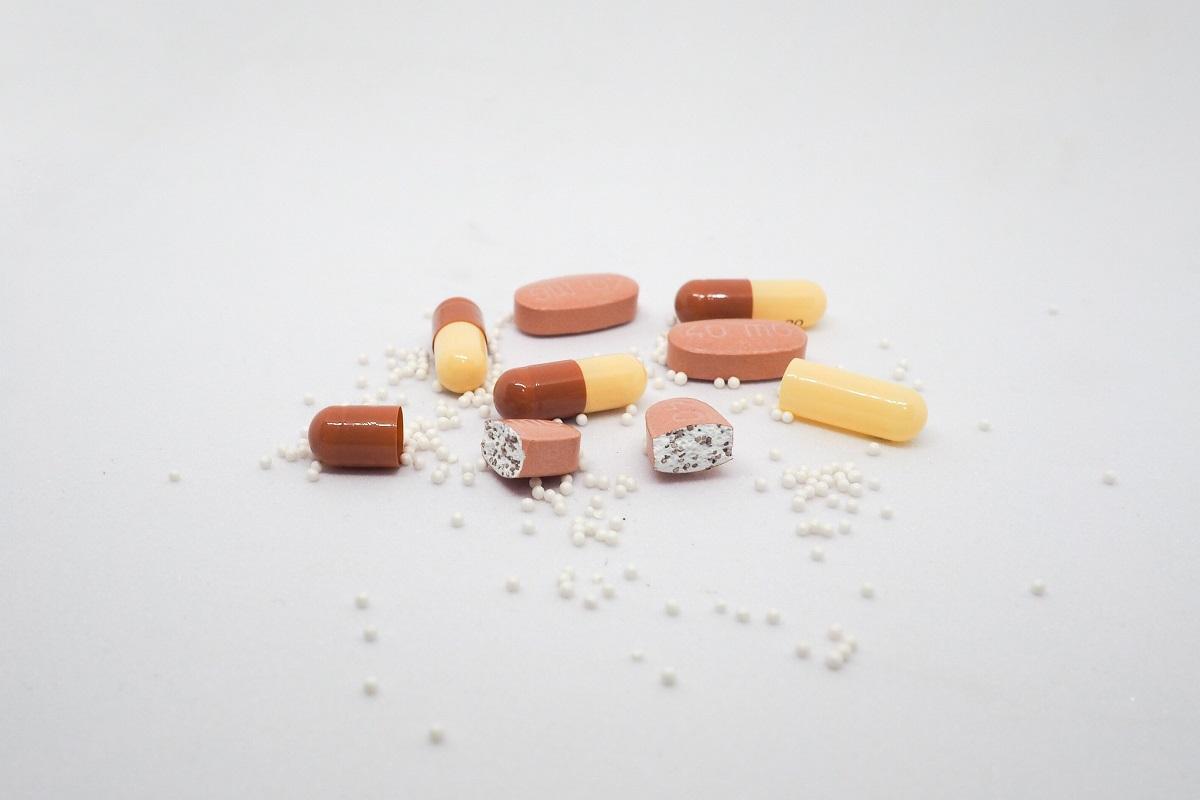Is it safe to take omeprazole or another stomach protectant regularly?

They are one of the most popular drugs among patients. According to the Ministry of Health, in 2022 proton pump inhibitors, popularly known as defenders stomach or antacids were the most consumed drugs in Spain, followed by HMG-CoA reductase inhibitors (cholesterol drugs), anilides (paracetamol) and benzodiazepine derivatives.
It is prescribed in many cases to protect the stomach from other medications or for difficult digestion.
They account for 6.51% of the total volume of medicines consumed and the healthcare costs amount to more than 490 million euros, corresponding to a total of 71,528 million containers dispensed.
Well, various news has emerged about a possible connection between the use of this type of drug and the development of dementia, especially in cases where proton pump inhibitors are used for a long period, which has caused some concern among the population.

Proton pump inhibitors are the most consumed drugs in Spain. / Shutterstock.
To find out whether it is advisable to take these drugs, the Spanish Society of Digestive Pathology (SEPD) has updated its position paper on the safe use of these drugs, published in 2016 and prepared by doctors Carlos Martín de Arguilla de Prados, Julia López Cardona and Federico Argüelles-Arias.
- This article concludes that long-term use of proton pump inhibitors is safe. Moreover, SEPD insists that there is insufficient scientific evidence on the side effects of these drugs.
What are proton pump inhibitors (PPIs)?
Proton pump inhibitors (PPIs) are one of the most widely used families of drugs in the world because they work by inhibiting the enzyme responsible for producing stomach acid in the glands lining the stomach.
For this reason, they are commonly prescribed to treat conditions such as gastroesophageal reflux disease (GERD), duodenal ulcers, and to relieve discomfort associated with gastric reflux symptoms, among other things.

The benefits outweigh the possible side effects. / FRIPIK
The benefits outweigh the possible side effects
“When proton pump inhibitors are prescribed for established indications, their benefits far outweigh the potential side effects,” explains the researcher. Dr. Agustin AlbillosPresident of the Spanish Society of Digestive Pathology (SEPD).
- “In contrast, when a prescription is inappropriate, the expected benefit is not achieved, and any adverse effect, no matter how minor, is magnified,” the president adds.
And these medications, like all the others we use, are not protected from possible side effects.
In this case, reactions such as infections, micronutrient deficiencies or an increased risk of fractures were identified, for which Dr. Argüelles, as the author of the position paper, states that:
- “There is no scientific evidence to support that patients should receive probiotics, vitamins, or other supplements,” or “routinely assess bone density or serum calcium or magnesium concentrations,” the digestive specialist concludes.

They are used to treat gastroesophageal reflux disease or duodenal ulcers. /JCOMP. FREEPIC
So should we continue taking these medications?
Well, Dr. Martin de Argila, as an expert who participated in the preparation of the document, assures that you can take it without fearbut they are always used effectively.
Because the best strategy for reducing the potential adverse effects of long-term PPI use is to “avoid their use when not indicated” and “reduce their dose to the minimum effective dose when appropriate.”
Therefore, the best guarantee of ensuring the correct intake of these substances is always to follow the recommendations. established indications for useespecially in patients who take them for a long time.
